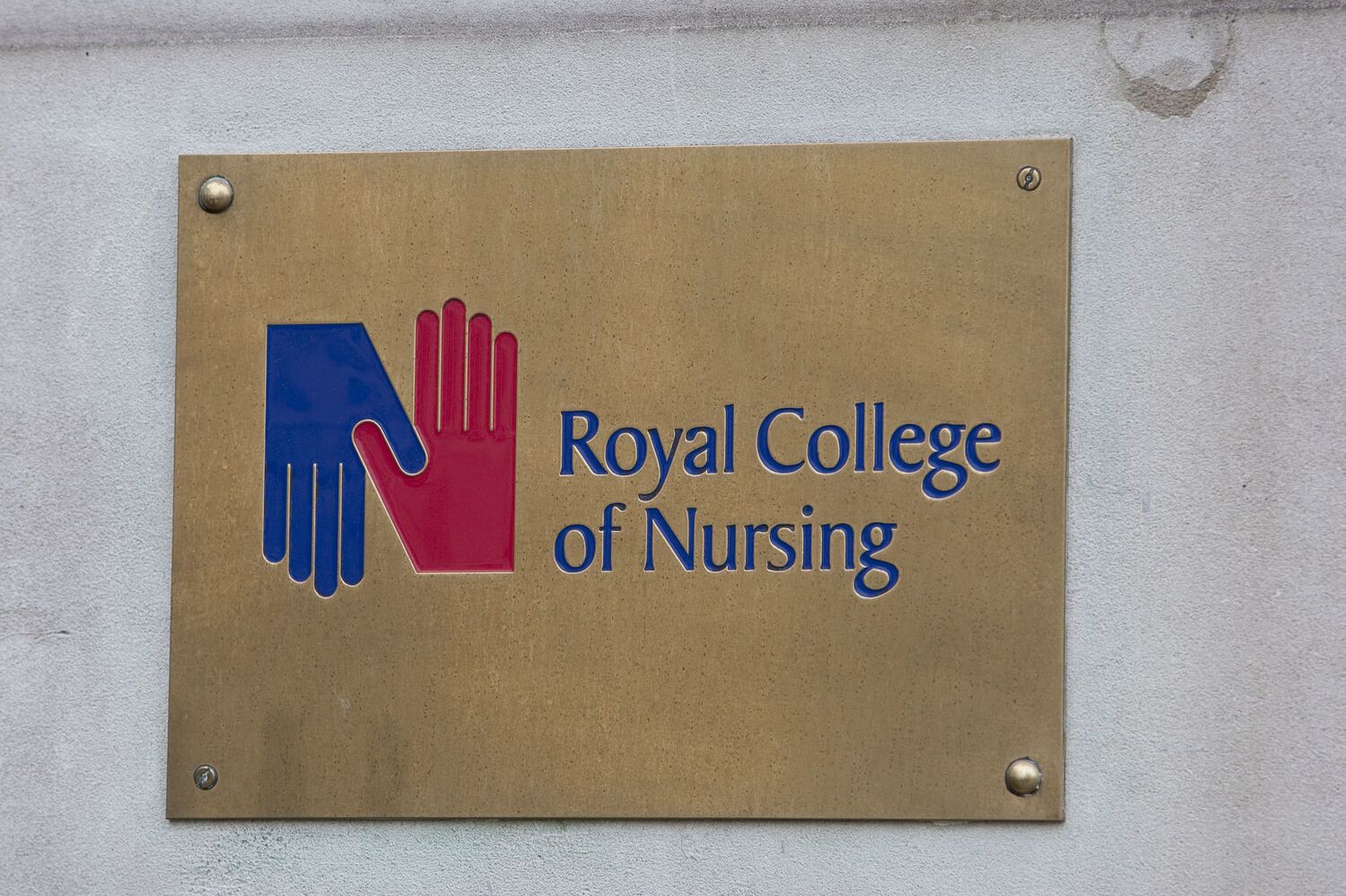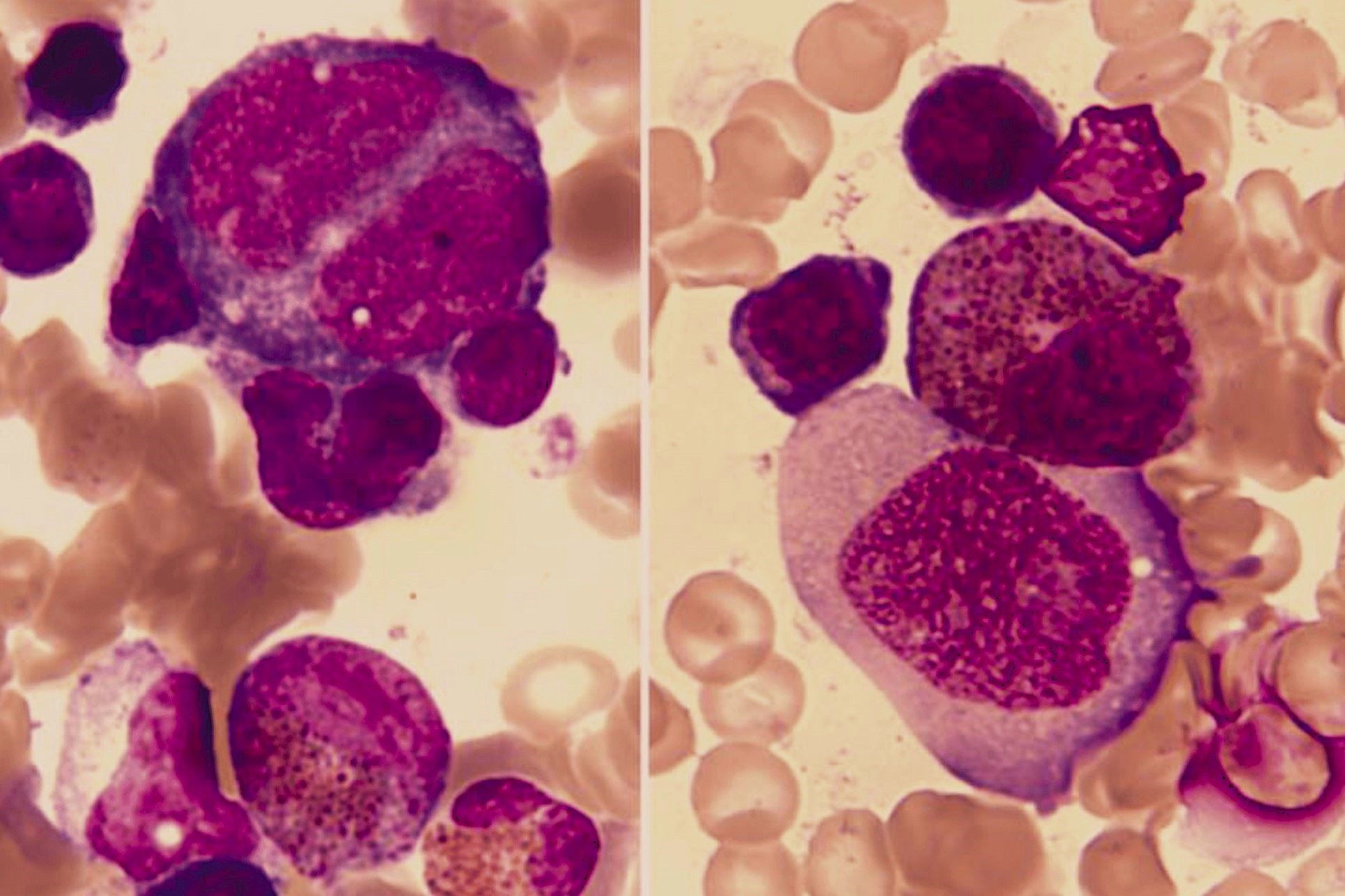
What makes the Royal College of Nursing (RCN) so significant in the UK? Founded in 1916, the RCN has grown from a small group of 34 trained nurses to a powerful voice for the nursing profession. With a mission to represent nurses, promote excellence in practice, and shape health policies, the RCN has been a cornerstone in advancing nursing education and standards. From advocating for fair pay and safe staffing levels to influencing parliamentary bills, the RCN's impact is vast. It offers a range of services, including libraries and professional courses, ensuring nurses have the resources they need. With over a century of history, the RCN continues to champion the interests of nurses and healthcare.
Key Takeaways:
- The Royal College of Nursing, founded in 1916, has played a crucial role in shaping nursing education, advocating for fair pay, and supporting the well-being of nurses.
- With a rich history and royal patronage, the RCN continues to represent nurses, provide resources, and drive modernization in the nursing profession.
The Early Days of the Royal College of Nursing
The Royal College of Nursing (RCN) has a rich history that dates back over a century. Let's dive into its early beginnings and significant milestones.
- Founding: The RCN was founded on March 27, 1916, with 34 members, primarily trained nurses.
- Royal Charter: The organization received its royal charter in 1928, changing its name to the Royal College of Nursing.
- Patronage: Queen Elizabeth II was the patron of the RCN until her death in 2022. King Charles III became the patron in 2024.
- Membership: The majority of RCN members are registered nurses, with student nurses and healthcare assistants also included.
- Membership Categories: There is a reduced-cost category of membership for retired people.
Mission and Services
The RCN is dedicated to representing nurses and advancing the nursing profession. Here are some key aspects of its mission and services.
- Mission: The RCN's mission is to represent nurses and nursing, promote excellence in practice, and shape health policies.
- Services: The RCN offers a range of services, including a main library in London and regional libraries.
- RCN Institute: The RCN Institute provides courses for nurses, contributing to their professional development.
- Trade Union Status: The RCN has been registered as a trade union since 1977.
- Influence on Nursing Education: The RCN has played a crucial role in shaping nursing education, advocating for better education and training of nurses.
Education and Curriculum
The RCN has been instrumental in standardizing and improving nursing education across the UK.
- Uniformity of Curriculum: The RCN has promoted uniformity of curriculum to ensure standardized nursing education.
- Recognition of Nursing Schools: The organization recognizes approved nursing schools, ensuring that they meet high standards.
- Register of Nurses: The RCN maintains a register of persons who have certificates of proficiency in nursing.
- Parliamentary Advocacy: The RCN has promoted bills in parliament to support the interests of the nursing profession.
- Historical Significance: The RCN's founding was influenced by key figures such as Dame Sarah Swift, Arthur Stanley, Rachael Cox-Davies, and Alicia Lloyd-Still.
Growth and Expansion
From its humble beginnings, the RCN has grown significantly over the years.
- Early Growth: By March 1917, the college had 2,553 members, and by 1919, it had 13,047 members.
- Membership Expansion: By 1925, the RCN had about 24,000 members, primarily registered general nurses.
- Exclusion of Male Nurses: Initially, the RCN excluded male nurses and those in specialized fields like mental, mental subnormality, fever, and children's nursing.
- Name Change: The college's name was changed to “the Royal College of Nursing” in 1939.
- Salary Advocacy: In 1941, the RCN advocated for a guaranteed salary of £40 for nursing students in training, though they later opposed this as too high.
Post-War Developments and Modernization
The RCN continued to evolve and modernize nursing education and practice, especially after World War II.
- Post-War Developments: The RCN continued to advocate for nursing standards and education post-World War II.
- Modernization Efforts: Since the 1970s, the RCN has been at the forefront of modernizing nursing education and practice.
- Briggs Report Influence: The RCN was significantly influenced by the Briggs Report of 1972, which recommended radical reforms in nurse education and research.
- Research-Based Profession: The Briggs Report advocated for nursing to become a research-based profession, a concept that has shaped modern nursing practice.
- Statutory Control: The report led to the Midwives and Health Visitors Act 1979, which brought control of standards, discipline, and education under a single UK-wide statutory body.
Curriculum Reforms and Project 2000
The RCN has been a driving force behind significant curriculum reforms in nursing education.
- Curriculum Reforms: The Briggs Report recommended a 3-year modular education program with an 18-month foundation course followed by branch specialization.
- Project 2000 Curriculum: The curriculum recommended by Briggs evolved into the ‘Project 2000’ curriculum launched in 1986, which included student nurses being supernumerary to the workforce and receiving a Higher Education Diploma.
- Integration into Higher Education: Although the Briggs Committee did not advocate for full integration of nursing education into the higher education system, it noted the scope for expansion.
- Graduate Nurses: The report suggested that the number of graduate nurses would remain small but increase proportionally, reflecting nervousness about opposition to nursing degree courses.
- University-Based Departments: At the time, there were few university-based nursing departments in the UK, but this number increased over time.
Government Policies and Nursing Research
Government policies and research initiatives have also played a crucial role in shaping the nursing profession.
- Degree Requirements: It took 30 years for the government to announce that by 2013 all newly registering UK-educated nursing staff must hold a degree.
- Nursing Research Units: The Briggs Report recommended the establishment of nursing research units, which were predated by the Nursing Research Unit at Edinburgh University.
- Leadership in Nursing Research: The RCN has given expertise and leadership to numerous developments in nursing education and research, particularly through its Fellows.
- General Secretaries: The RCN has had several notable General Secretaries, including Frances Goodall and Christine Hancock.
- Parliamentary Involvement: The RCN has been involved in various parliamentary bills, including those related to working hours and nurse education.
Advocacy and Campaigns
The RCN has been a strong advocate for the rights and well-being of nurses.
- Trade Union Activities: The RCN has been active in trade union activities, advocating for fair pay and safe staffing levels for nurses.
- Mental Health Crises: The RCN has highlighted workplace issues contributing to mental health crises among nursing staff and launched a pilot scheme to improve working conditions.
- Staffing Levels: Nursing staff face unsafe staffing levels, crumbling standards, and low pay, which the RCN campaigns against.
- Campaigning for Fair Pay: The RCN encourages nurses to join in the fight for fair pay and safe staffing levels.
- Centenary Celebrations: In 2016, the RCN celebrated its centenary with various events and initiatives.
Resources and Support
The RCN provides a wealth of resources and support for its members.
- RCN Libraries: The RCN Library is Europe's largest nursing-specific collection, providing extensive resources for nursing professionals.
- RCN Institute Courses: The RCN Institute offers a variety of courses aimed at enhancing nursing skills and knowledge.
- Union Learning Representatives: The RCN has a network of union learning representatives who provide educational support to members.
- Safety Representatives: The organization also has safety representatives who advocate for safe working conditions.
- Stewards Network: The RCN has a network of stewards who support members in their workplaces.
Advice and Historical Milestones
The RCN has a long history of providing advice and achieving significant milestones.
- Advice Services: The RCN offers advice services to its members, including legal and professional guidance.
- Historical Milestones: The RCN has been involved in several historical milestones, including the establishment of the General Nursing Council and the Nursing and Midwifery Council.
- Patronage Changes: The RCN has had several patrons over the years, with Queen Elizabeth II being the longest-serving patron until her death in 2022.
- Current Patronage: King Charles III became the patron of the RCN in 2024, continuing the royal connection.
- Ongoing Advocacy: The RCN continues to advocate for the interests of nurses and nursing, ensuring that the profession remains at the forefront of healthcare delivery.
The Royal College of Nursing's Legacy
The Royal College of Nursing (RCN) has been a cornerstone of the nursing profession since 1916. From its humble beginnings with just 34 members, it has grown into a powerful advocate for nurses, shaping education, policy, and practice. With a mission to promote excellence in nursing, the RCN offers services like libraries, courses through the RCN Institute, and maintains a register of proficient nurses. It has played a pivotal role in modernizing nursing education, influenced by the Briggs Report and the Project 2000 curriculum. The RCN also stands as a registered trade union, fighting for fair pay and safe staffing levels. With a rich history and ongoing advocacy, the RCN continues to ensure that nursing remains at the forefront of healthcare delivery. Its legacy is a testament to the dedication and resilience of the nursing community.
Frequently Asked Questions
Was this page helpful?
Our commitment to delivering trustworthy and engaging content is at the heart of what we do. Each fact on our site is contributed by real users like you, bringing a wealth of diverse insights and information. To ensure the highest standards of accuracy and reliability, our dedicated editors meticulously review each submission. This process guarantees that the facts we share are not only fascinating but also credible. Trust in our commitment to quality and authenticity as you explore and learn with us.


